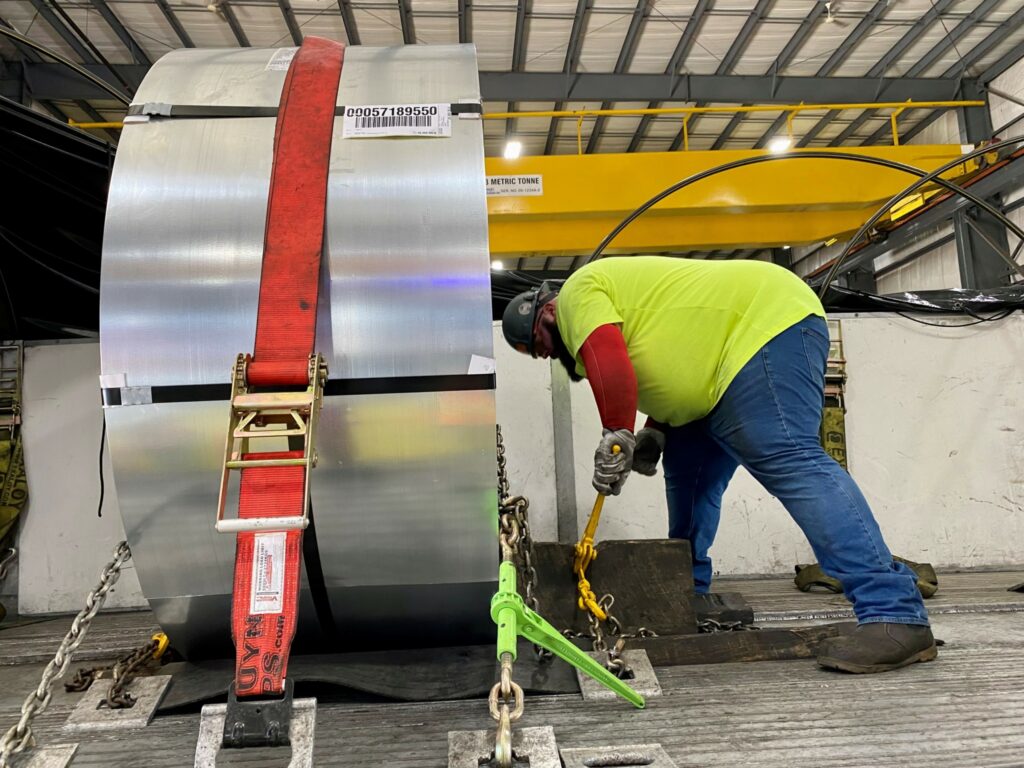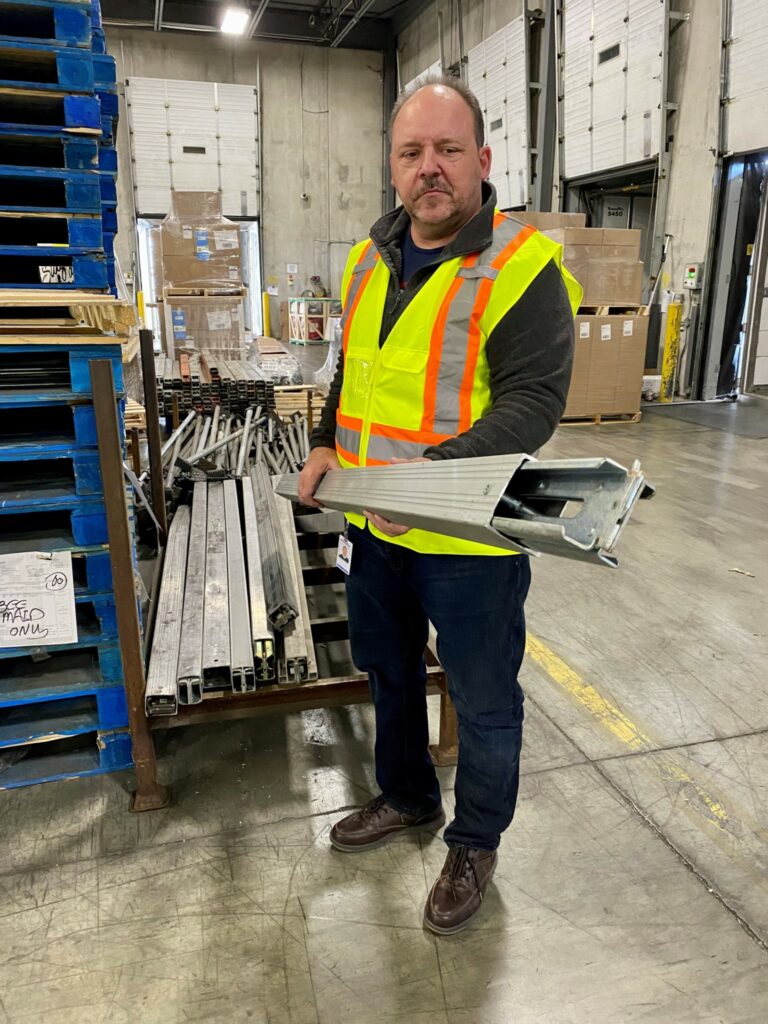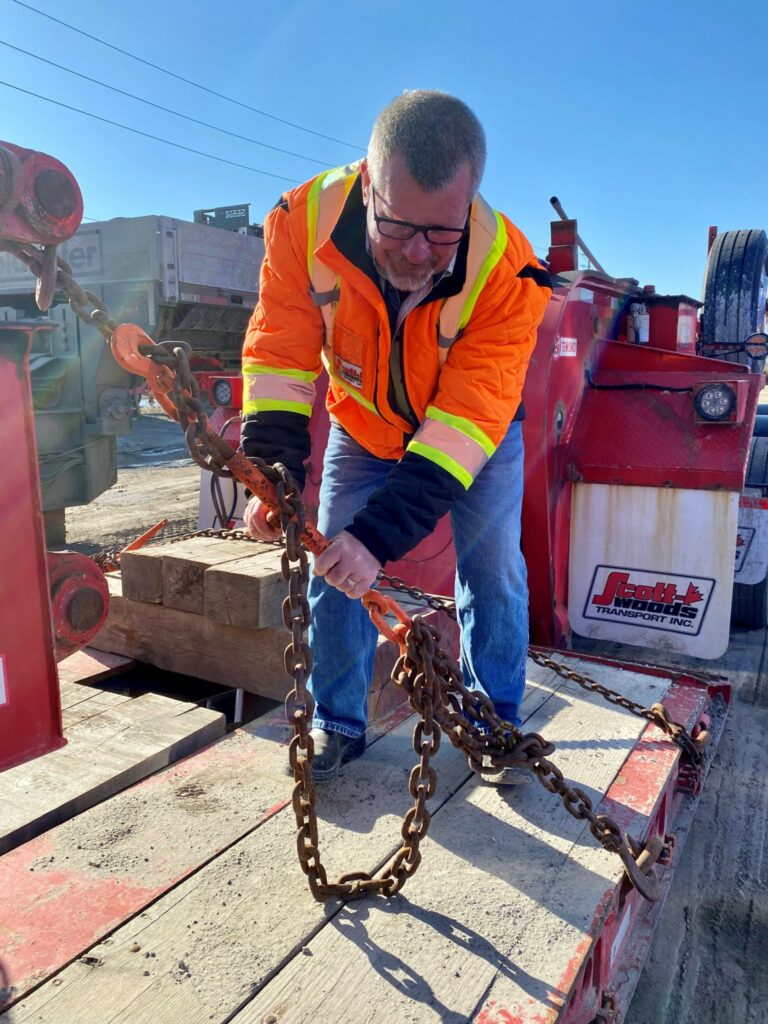Proper inspections every day will keep Roadcheck stress away
Don’t say you weren’t warned. Carriers and drivers might want to pay extra attention to cargo securement and anti-lock braking systems (ABS) on their trucks because hawk-eyed enforcement officials will be focusing on them in a coming blitz.
Commercial Vehicle Safety Alliance’s (CVSA) International Roadcheck is around the corner on May 16-18, and thousands of commercial vehicles will be inspected during the 72-hour blitz in Canada, U.S., and Mexico.

Last year, Canadian enforcement teams placed 22.6% of inspected vehicles out of service during a May 17-19 campaign, compared to a 23.8% out-of-service rate in the U.S.
Canadian teams completed 3,359 Level 1 inspections, placing 760 vehicles and 191 drivers out of service, CVSA reported. In Canada, the top five vehicle out-of-service violations last year involved brake systems, cargo securement, defective service brakes, lights and tires.

“Drivers must remember SAM [secure against movement] when they haul loads. It’s like CYA [cover your ass],” says Michael Frolick, director of safety and compliance at TransPro Freight Systems based in Milton, Ont.
Pre-trip inspections
Roadcheck teams will be looking at more than load securement alone, of course.
It’s why drivers need to pay attention to everything, every day, says Dave Willison, manager of field operations at heavy-hauler Scott-Woods Transport, located in Vaughan, Ont.
“You have to have all your ducks in a row, from the front bumper to the back bumper,” Willison said, referring to the importance of pre-trip inspections (PTIs) and post-trip checks alike.
“On our five-axle trailers, the PTI better take you more than 30 minutes. Don’t chintz out on it,” says Jeff Gordon, manager operations, health and safety, at Burlington, Ont.- based steel hauler Kim-Tam Logistics. The company conducts tailgate audits to ensure compliance with the practice, too.
Random tagging program
TransPro’s Frolick runs a random tagging program to keep drivers on their toes. “I will tie the tag myself to a truck or trailer, on a component they should inspect.” And if drivers find one of the tags during a PTI, they must return it before leaving the yard.
“This is not designed to be an Easter egg hunt. I explain to the drivers we are on the same team. If the tag is not returned, the driver has some explaining to do,” he says.
The process isn’t only for newest drivers in the fleet. Even the drivers with extra miles and experience under their belt can become complacent and overconfident with time.
Overconfidence can get you in trouble
Willison also shows up at job sites to observe how drivers are securing their loads. “[Even] if you are going down the same road a hundred times, never put your guard down, because it will be the last load that will get you. Being overconfident will get you. It’s not a game.”
“What if people who maintain airplanes get complacent?” asks Frolick. “The best hockey players still practice, don’t they? You master your craft.”
Indeed, the focus on securement extends beyond the steel coils hoisted onto flatdecks. Even the lighter loads in dry vans and reefers must be secured using straps and load bars.
But what if a trailer is already sealed?

In such cases drivers must do everything reasonable and perform their due diligence, Frolick says. They could ask at a shipper’s office if they could inspect the load. If a shipper’s employee denies that request, note their name and phone number. Down the road, if the load gets inspected, the driver can provide that information to an enforcement official.
Don’t cheat
Don’t cheat on load securement and inspect everything, says Oscar Porter, fleet services manager at Kim-Tam Logistics. “If you have questions, read the manuals or call someone who knows.”
If in doubt, throw on an extra chain, Gordon adds. Willison agrees, saying there is no harm in using more securement devices than required. “Check that your chains have not stretched and there are no rips in your straps. Look at your air lines and tires each time you stop,” he says.
“When you play by the rules, your life is stress-free.”
Michael Frolick, director of safety and compliance, TransPro Freight Systems
“When you play by the rules, your life is stress-free. It’s like Buckley’s [cough medicine] – tastes horrible but it works. You don’t have to like it, but understand how it works,” Frolick says.
This is advice drivers need to heed every day, but Roadcheck serves as an extra reminder. If inspections are completed properly, drivers can breathe easy whenever they pull into a scale house.
Have your say
This is a moderated forum. Comments will no longer be published unless they are accompanied by a first and last name and a verifiable email address. (Today's Trucking will not publish or share the email address.) Profane language and content deemed to be libelous, racist, or threatening in nature will not be published under any circumstances.
Roadcheck is here again. I don’t get the anxiety this causes. In over 40 years on the road I’ve never had any issues with getting inspected in these blitzes. Do the right things first and you are always ready. If the blitz is enough to make you stay at home maybe you should reassess your standards.